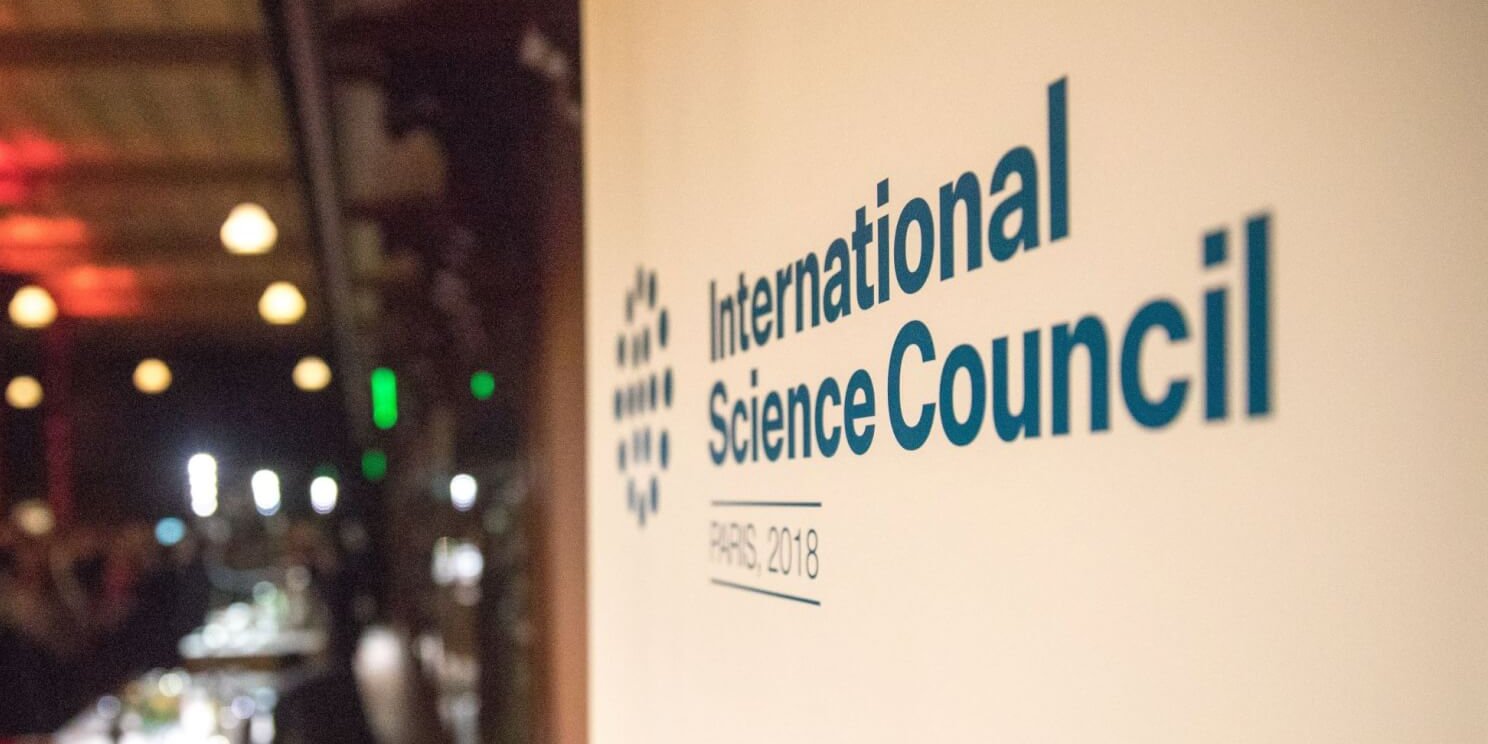Introduction
The ISC’s unique global membership brings together 250 international scientific unions and associations, national and regional scientific organizations including academies and research councils, international federations and societies, and young academies and associations.
The ISC, created in 2018 from the merger of the International Council for Science and the International Social Science Council, is an international non-governmental organization.

Vision
The ISC’s fundamental vision is of science as a global public good. Scientific knowledge, data and expertise must be universally accessible, and their benefits shared by all.
The ISC advocates for equity and inclusivity in the practice of science and in opportunities for scientific education and capacity development.
Mission
The mission of the Council is to be the global voice for science.
The Council seeks to provide a powerful and credible global voice that is respected in both the public and policy domains and within the scientific community. It will use that voice to:
i. Speak for the value of all science and the need for evidence-informed understanding and decision-making at all levels, from local to global;
ii. Stimulate and support international, interdisciplinary collaboration, particularly among Members of the Council, on scientific research and scholarship on issues of global concern;
iii. Articulate scientific knowledge on issues of global concern in the public and policy domains;
iv. Promote and assist science diplomacy, particularly where it advances the common good and addresses global challenges;
v. Promote the continued and equal advancement of scientific rigour, creativity and relevance in all parts of the world;
vi. Assist the scientific community and relevant stakeholders in their respective roles in the conduct of science and in the face of the evolution of science systems;
vii. Defend and promote the free and responsible practice of science.
How we define science
The word science is used to describe the systematic organization of knowledge that can be rationally explained and reliably applied.
This definition of science includes natural and social science – which remain the ISC’s primary focus areas – as well as the humanities, medical, health, computer and engineering sciences. The ISC uses this shorthand because there is no single word or phrase in English to adequately describe this knowledge community.
ISC Members
The ISC’s unique network of over 250 institutional Members provides the foundation for its work. A core part of the ISC’s mission is to create opportunities for Members to participate in important scientific conversations and activities, share their contributions at the international level and connect with other Members and access influential networks worldwide.
The ISC also co-sponsors various science initiatives and programmes – the Affiliated Bodies – which are part of the ISC membership.
Learn more about membership.
Impact
By bringing together scientific experts and resources, the ISC encourages and coordinates meaningful international action on issues of scientific and public importance.
Browse our work by Themes or Activities.
Structure
The ISC is headquartered in Paris, with Regional Focal Points in Asia and the Pacific and Latin America and the Caribbean, and an office at the United Nations in New York. The ISC also works with partner Future Africa, a pan-African organization based in South Africa, to explore the establishment of a regional presence in Africa.
Operating under the ISC’s Statutes and Rules of Procedure, the Council’s Governing Board provides scientific and strategic leadership, and receives advice on key aspects of its work from a number of Advisory Bodies.
Funding and finances
The Council’s principal source of core funding is dues from its Members, supplemented by a grant from the Government of France, the ISC’s host country. Significant other funding is raised in the form of grants from external organizations and foundations for specific projects or areas of activity.
Learn more about ISC funding and finances and the ISC Foundation.
